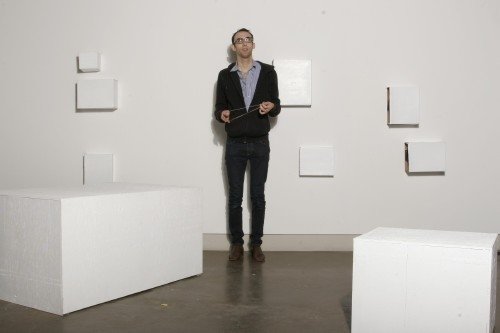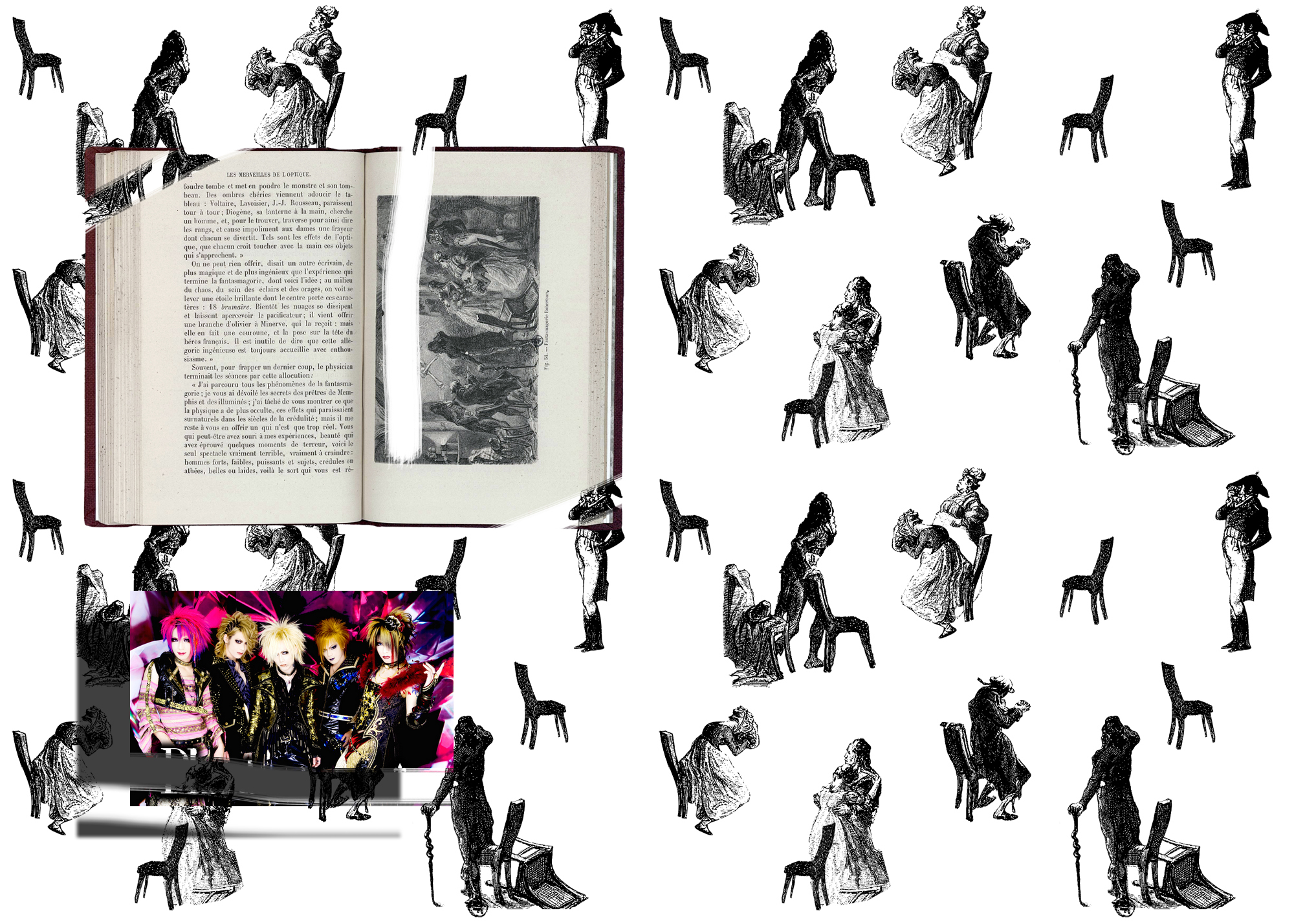Third Part
“The thinker is the backward-
looking poet; but the true poet
is the foretelling prophet.”
(The Maestro)
– What is the difference between forward and behind when related by the poet?
– Are you talking of past and present, time, history, the names that things have eventually come to be called?
– Let me put it as such, you seem to designate a separation between word and thing-as-it-will-be. The poet speaks and thus it can be thought. And yet, I wonder how this then implicates the poet into a certain conception of history, of passing from what will be to what was. You put the poet in the thick of the thing. He is already in a time he has not yet spoken, to be able to speak this must be the case, no? Thus the poet, who has no condition from which to speak, first speaks and makes the world (so you say), but from when does he speak? From whose language? I see in your poet-who-makes-the-world too stable a ground from when to speak from.
– You ask who first speaks the poet, yes? In effect, if it is the task of art to speak the thing before it can be thought of, there is doubtlessly a thing the poet is in that has been thought and therefore previous said, poetically (for you imply my position is there is no other way to speak). In effect, either I say the poet can only speak on the precondition of a previous poet’s speech in an infinite regress, or I insinuate an origin, a first speaking, writing, printing, when the poet, who may as well be God, says let there be light (or something to similar effect)?
– Yes, and in addition, this means, in either case, an original thinking co-incidental with the poet’s speech. This is not inconsequential. Alongside it comes the political potential of any aesthetic creation. Do we think when we say (in other words, are others intrinsically present at the moment of creation, whatever that may entail)?
– So it does. And I have nothing further to add. There is no political possibility in the creation of the art object. We are alone all moments except when we think. This I will say and choose not to address your question of origin. I say I am out of time. I am not writing in what occurred between moments. I am making them as I speak, not as something I am in, but as something in me.
– In effect you then skirt the age old question of who you are in the world, as artist or as man. This avoidance is itself inherently political.
– Yes that is true. But political only as criticism, not as art. I do not address, as the artist, my relation to the world. I form this relation. As it forms me. A reciprocal moment of creation between artist and work which is exactly the world.
– So you speak to no one and no one speaks to you.
– Precisely.
– What a strange world, when the act of making cleaves itself from all else and floats apart.
– It is not apart. It is the nothing that is always there. The no one that is everywhere. The world unfolds from this aloneness between poet and world.
– I want the poet to see the sufferings of creation.
– He is blind.
– No.
– Yes. The poet is blind. Blind without tears. Only laughter and song. The poet sings a song to himself. The rest do not hear.
– You sing alone.
– Yes. But I sing.
(silence)

